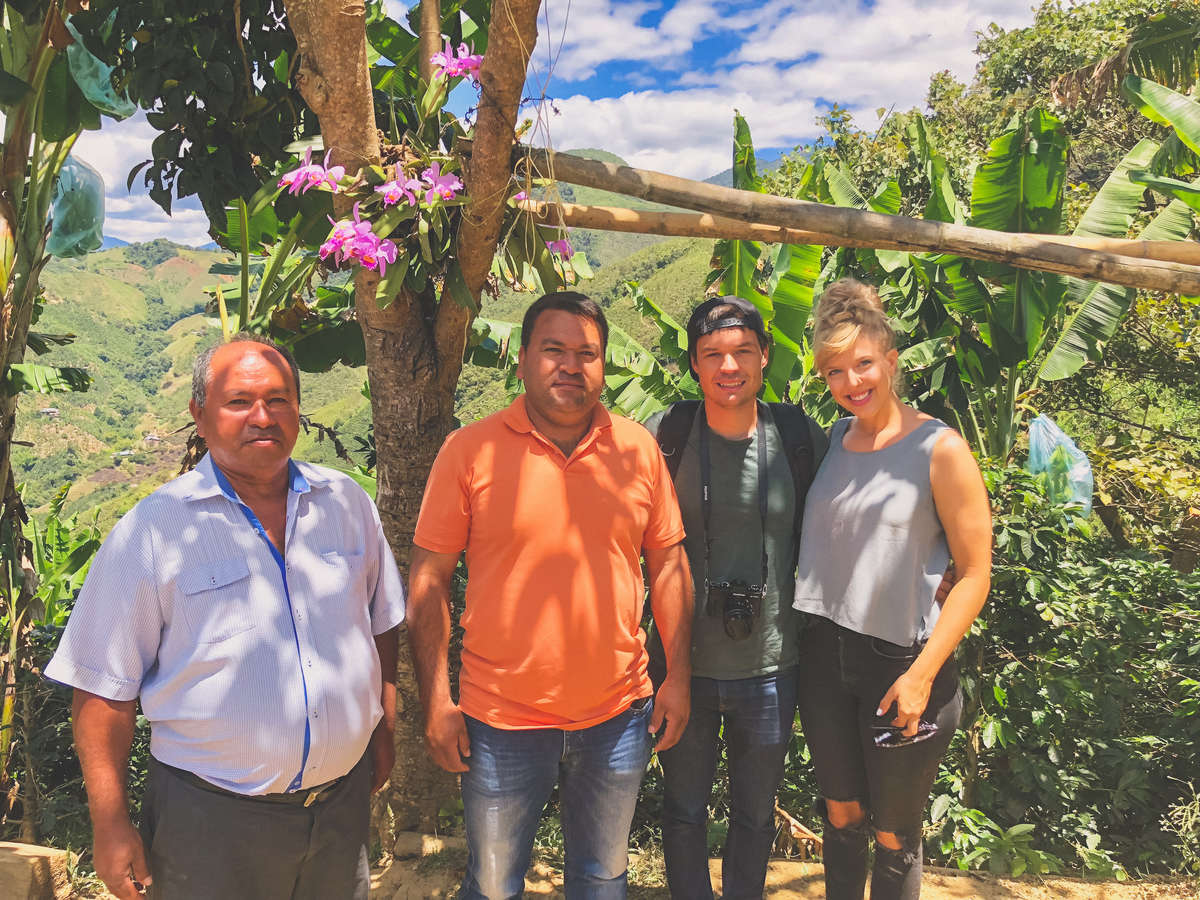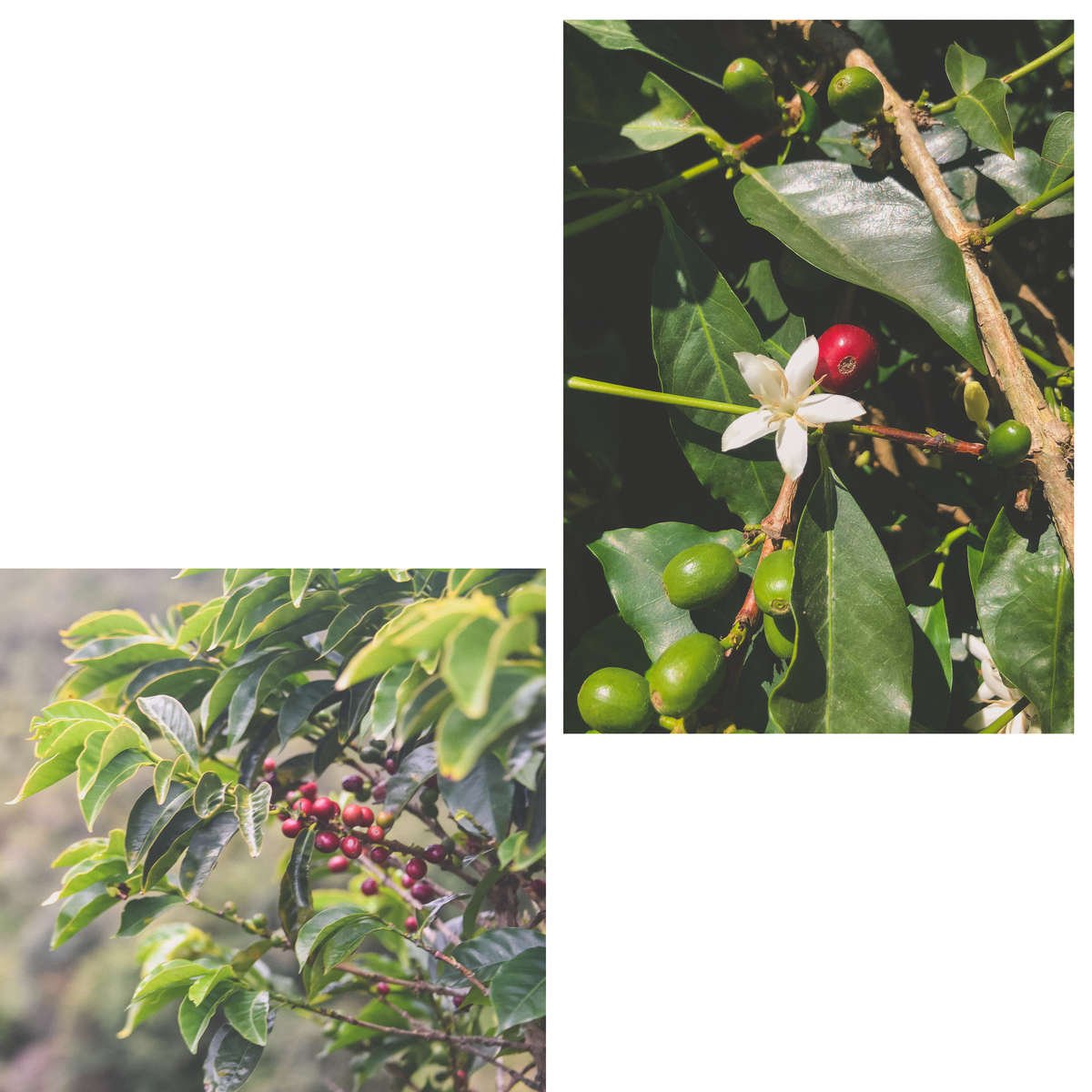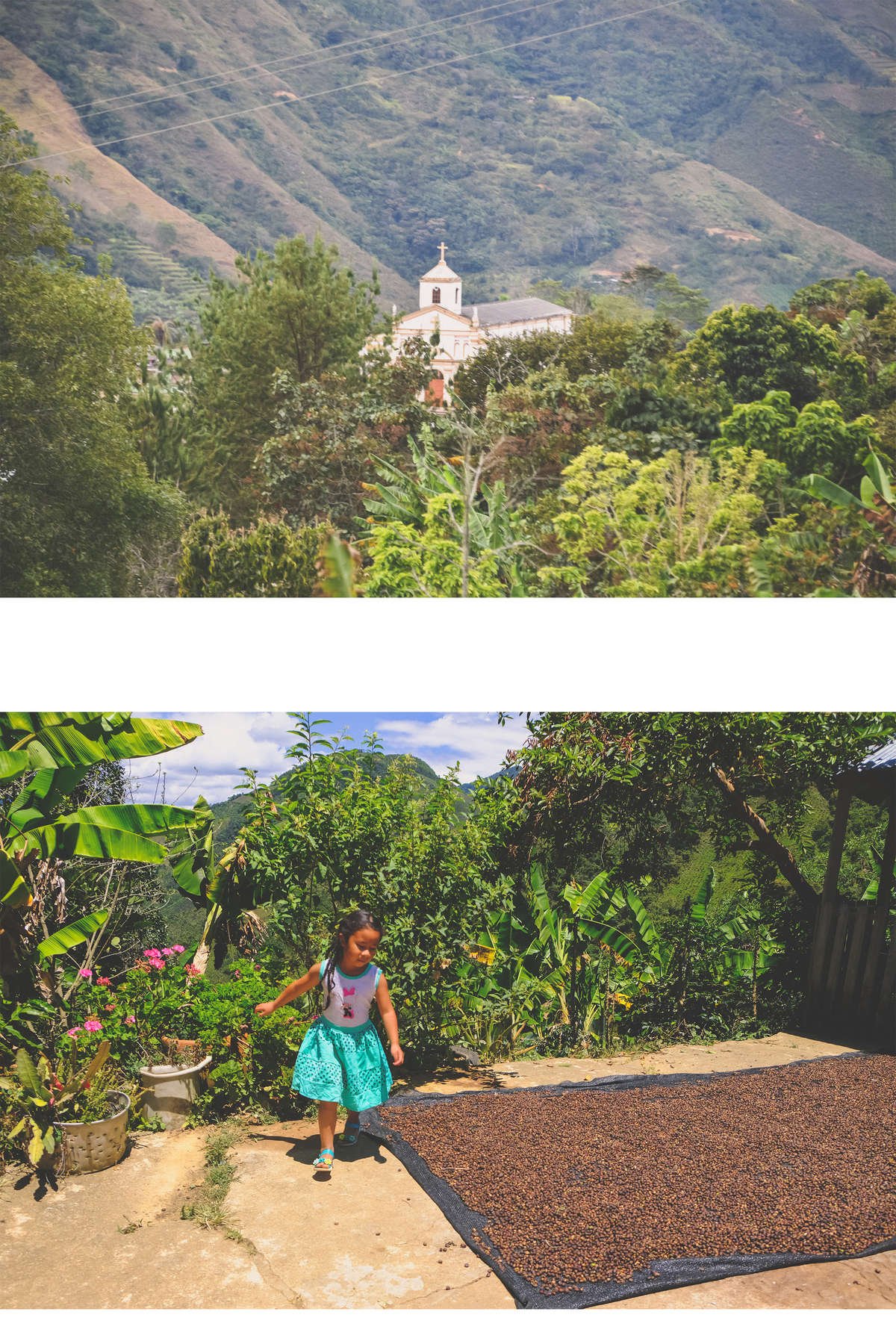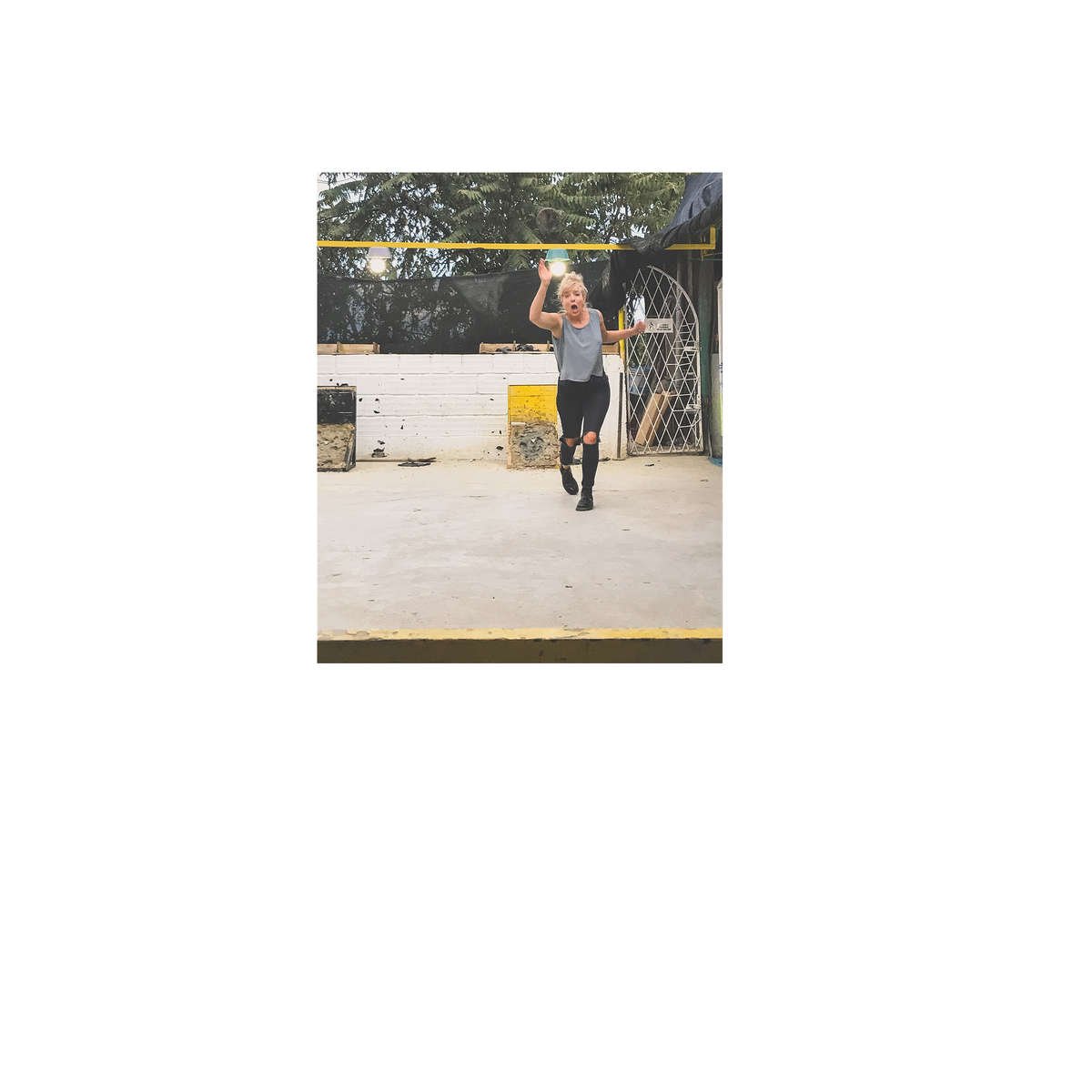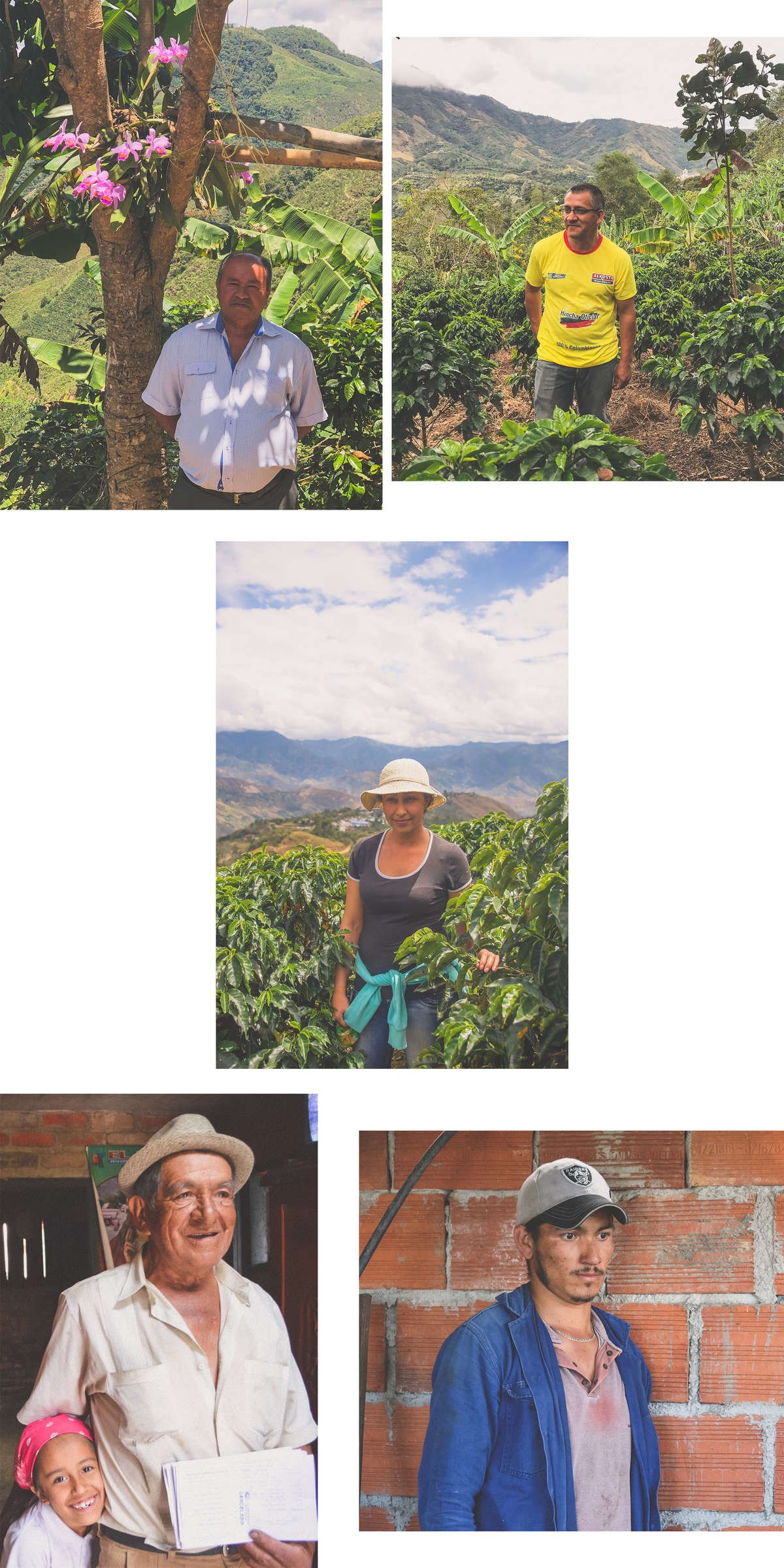Origin Report: Colombia
Tracing our coffee back to the soil in which it grows allows us to learn the story behind the coffee and share it with you.
-Kati Case, Co-Founder
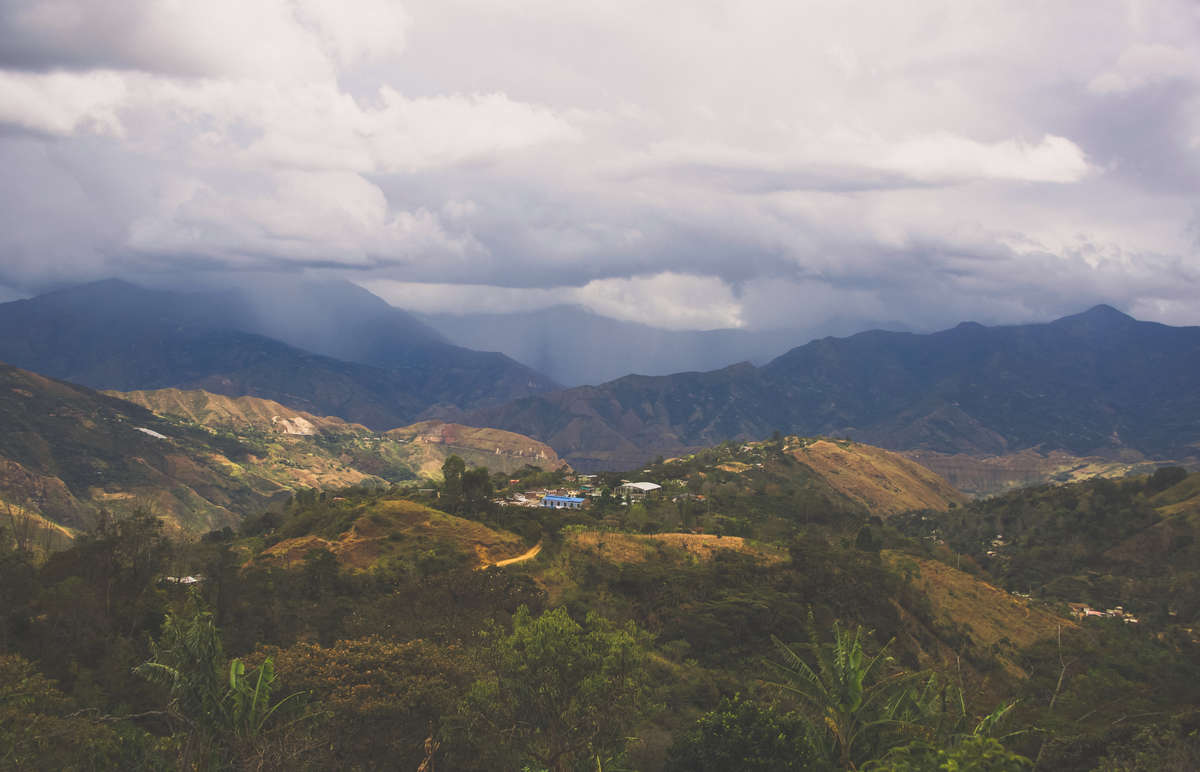
Nariño Colombia
From the lush, equatorial mountains of Colombia to your breakfast table, drinking a cup of coffee is ritual that connects us on a basic, human level.
As a roasting company, we care deeply about the producers that grow our coffees and it's our greatest joy to connect with them at farm level. My husband Tim Case and I started Case Coffee Roasters in 2006. As our little company grew we made a conscious decision to ethically source the sweetest, most sustainable coffees on earth.
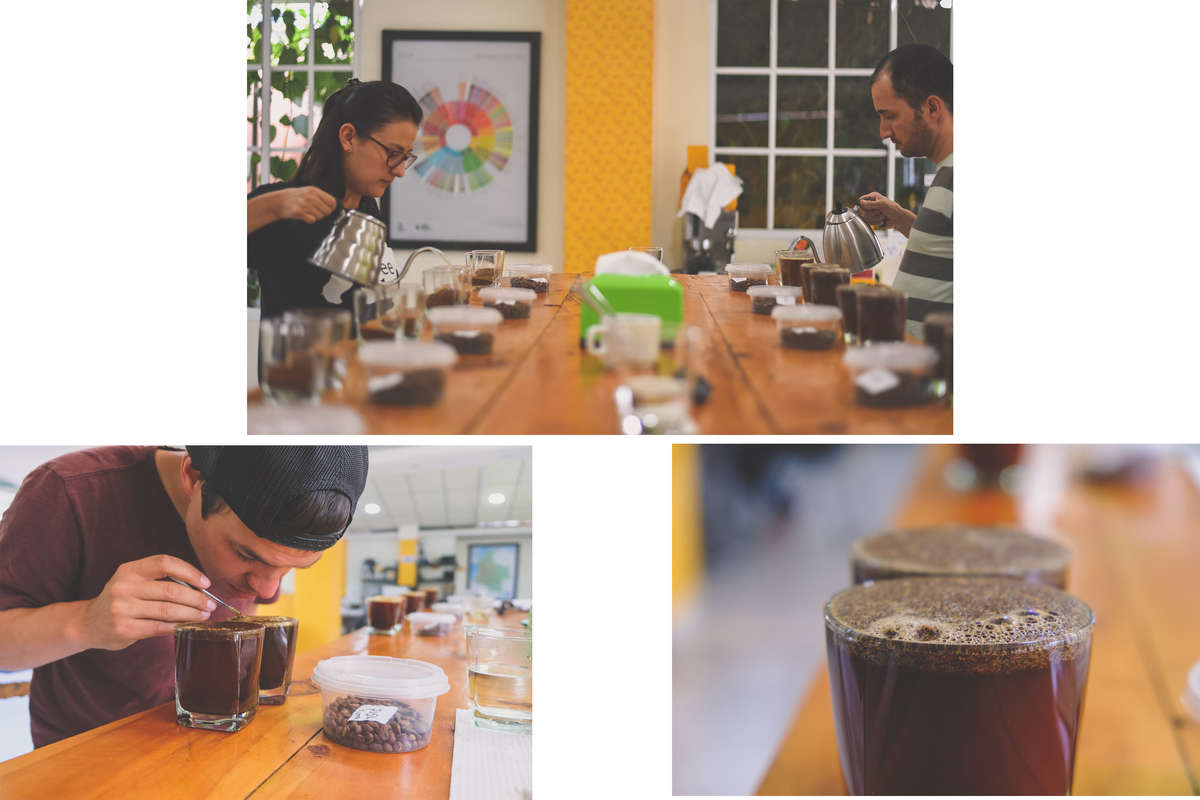
What does "ethical sourcing" mean to us?
Ethical sourcing is the process of ensuring the products being sourced are obtained in a responsible and sustainable way, that the workers involved in making them are safe and treated fairly and that environmental and social impacts are taken into consideration.
Our direct trade model allows us to far exceed Fair Trade minimums every time, with no exceptions. Although the commodity price of coffee is at a 13 year low, devastating for coffee growing communities, we are completely committed to paying premium prices to the producers we work with.
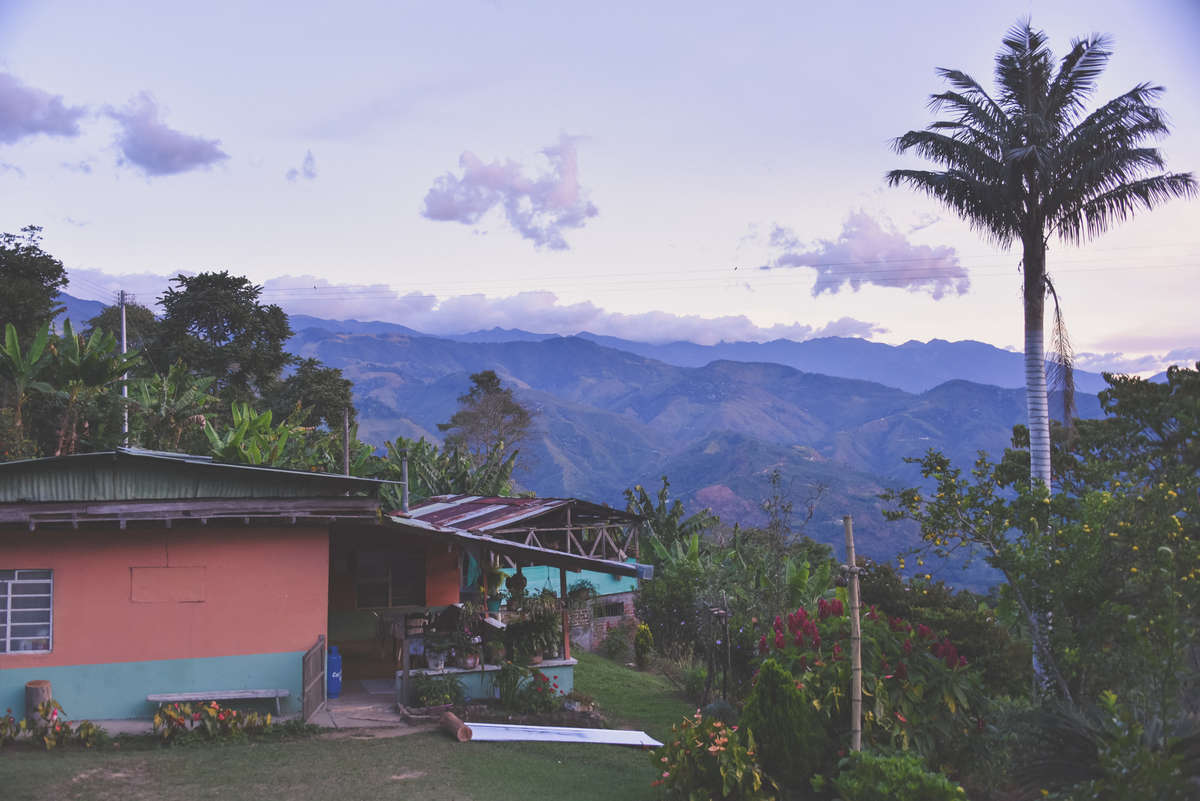
One of the coffees we purchased in 2018 was grown by a true craftsman, Jorge Criollo, who, with the help his family, meticulously planted, tended, picked and processed his crop into something that almost defies logic, it's so good. We are privileged to pay a high market price for beautiful coffees like these; a price that values not only the quality, but the hard work and skill it took to bring it to fruition. Unfortunately for many producers in Colombia, being payed a good, fair price for their coffee crop just isn't a reality. Many coffee farmers find themselves struggling to stay above the poverty line, which is defined as $2.69 USD per person per day in Colombia. This is hard to grasp, as coffee farming is difficult, skilled work that requires both agricultural expertise and physical labor, planting and picking on steep, rough terrain. The majority of coffee picking in Colombia is now being done by traveling camps of workers being payed very low, undocumented wages and living in poor conditions. Many producers want to pay a fair wage to pickers but simply can't afford to, living below the poverty line themselves. This means that it's more imperative than ever for us as coffee roasters, as well as consumers, in turn, to pay good, sustainable prices for coffee.
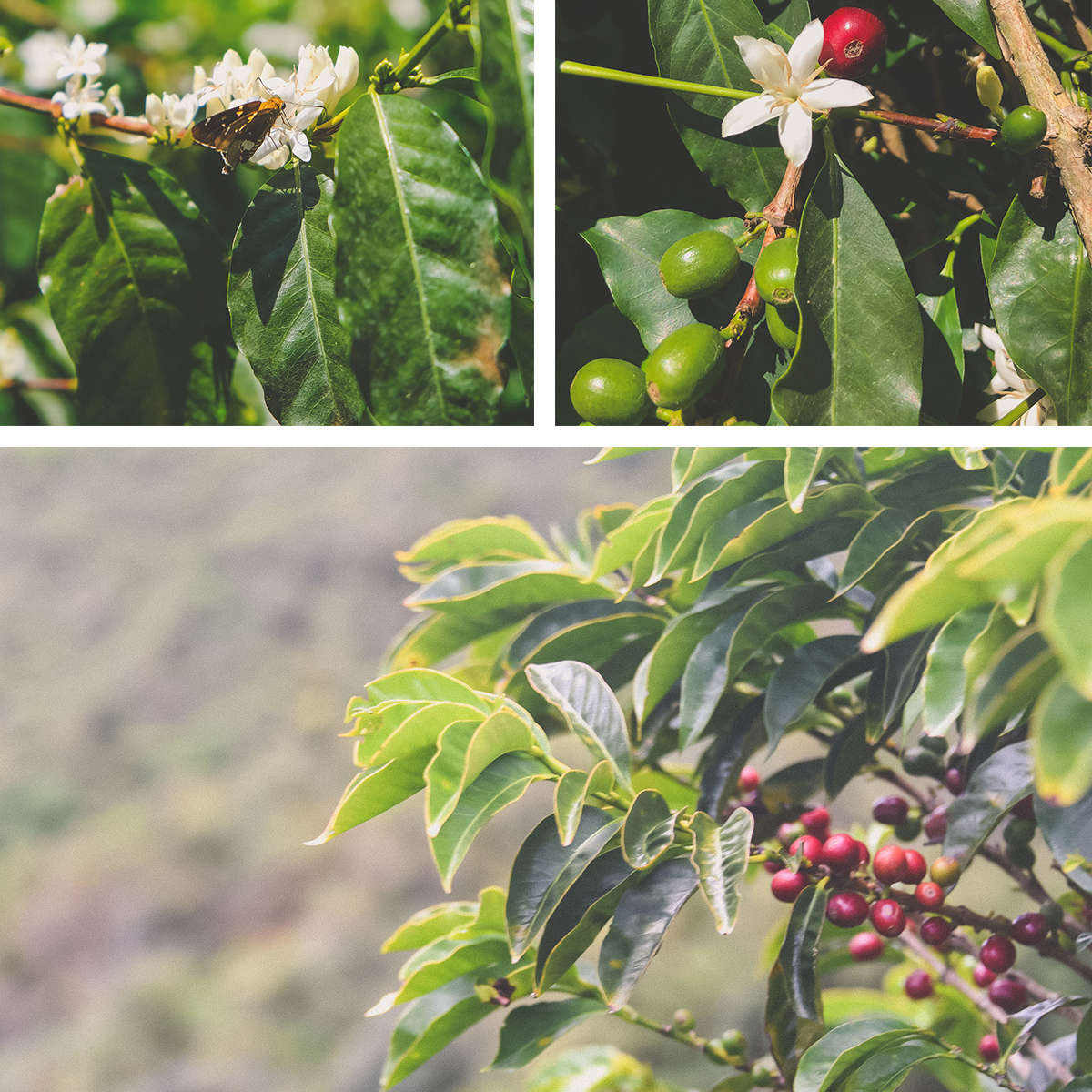
What exactly does this mean in real terms? The Colombian National Coffee Federation estimates that in 2018 producers spent 800,000 pesos to produce a carga (275 pounds) of coffee, but the current market price the average farmer was payed was only 680,000; that’s below the cost of production! While well-intentioned, "Fair Trade" and "Rain Forest" certified prices are still not even close to being a living wage, coming in at 712,000 and 722,000 pesos per carga respectively; still far below the cost of production. This year, and in the previous four years, we are proud to share that we've payed 1,100,000 to 1,400,000 pesos per carga for all of our Colombian coffees. Through our partners in Colombia we are able to utilize a totally transparent, relationship-based model for payment. Simple, yet effective practices like this give us hope that the future of Colombian coffee will grow brighter every season
Simple, yet effective practices like this give us hope that the future of Colombian coffee will grow brighter every season
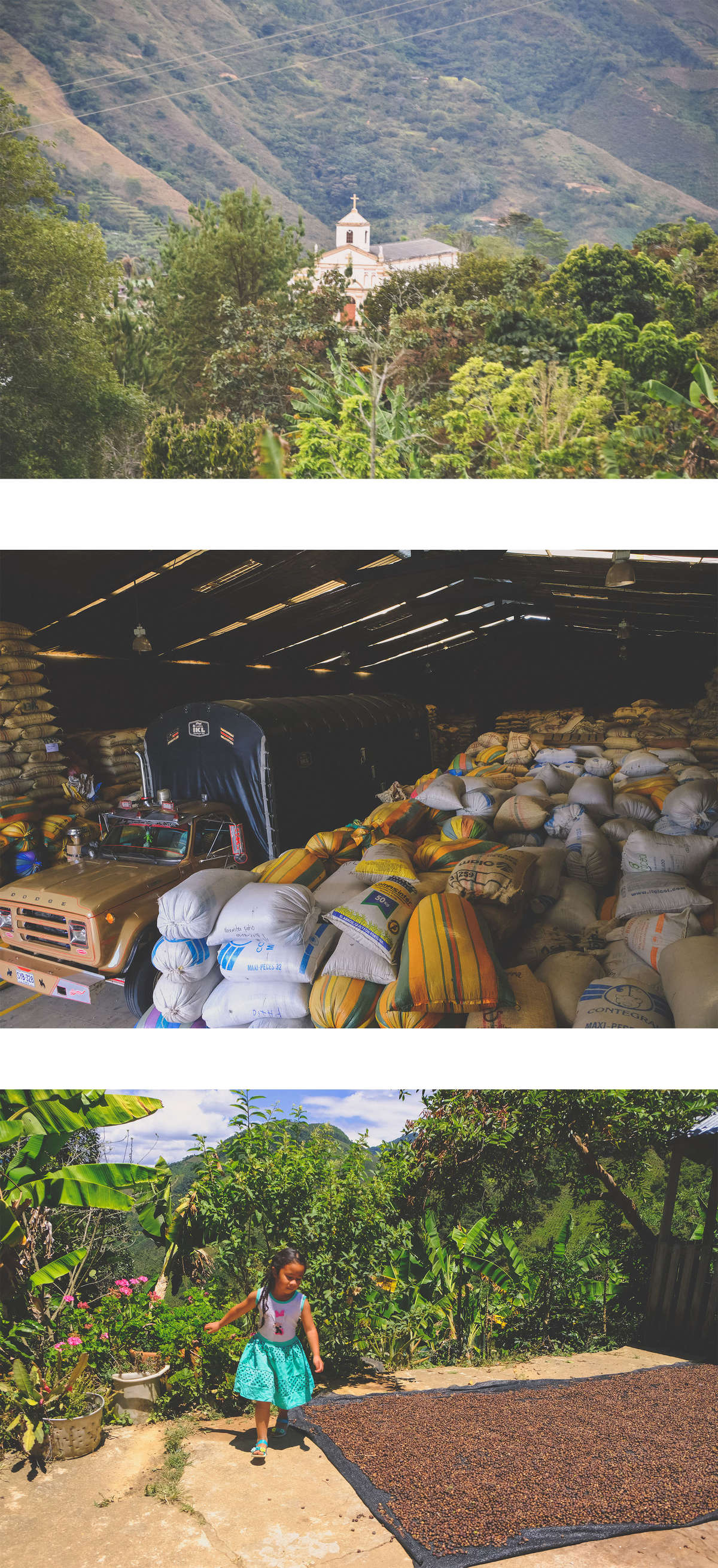
Skipping around some coffee cherries, drying in the sun at Los Angeles farm, Huila, Colombia.
Josè Àngel Rivera operates the farm with his father Àngel Maria Rivera. Àngel, age 69, told us how many of his neighbors fled years ago fearing the guerrillas who traveled and resided in the mountains. His family chose to stay on their farm and continued to grow coffee. Fortunately, the region is experiencing a new time of peace, and his son Josè has mostly taken over the farm. Josè grows Tavi varietal coffee and has made improvements over the last few years to be able to sell to higher paying, specialty markets. He is also a strong voice in the local community, championing coffee-pickers rights.
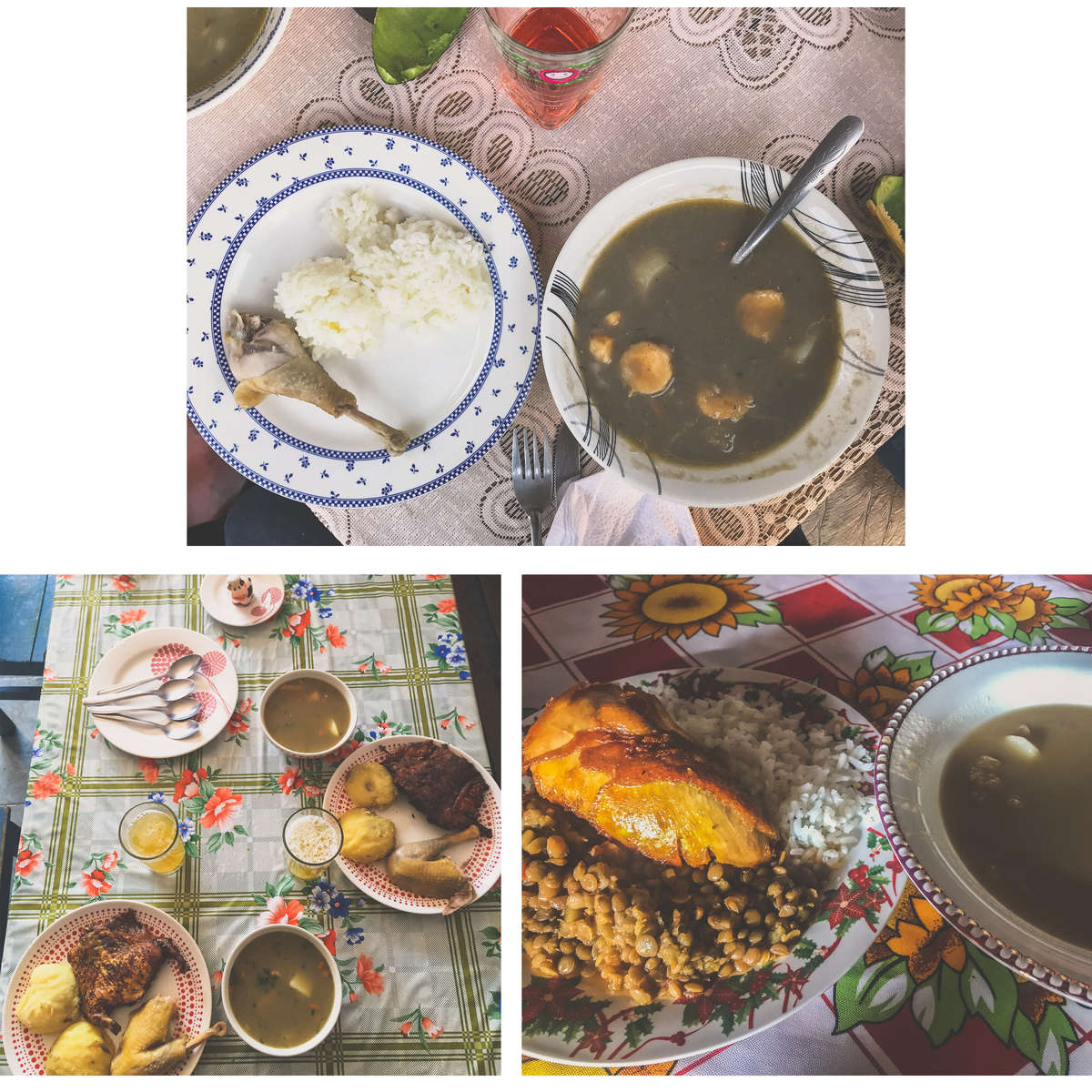
The three photos above represent the meals we received during one day of visiting with producers in Nariño. Their kindness and hospitality never fails to fill our hearts with warmth and our bellies with delicious, home-cooked meals. That being said, guinea pig is definitely an acquired taste.
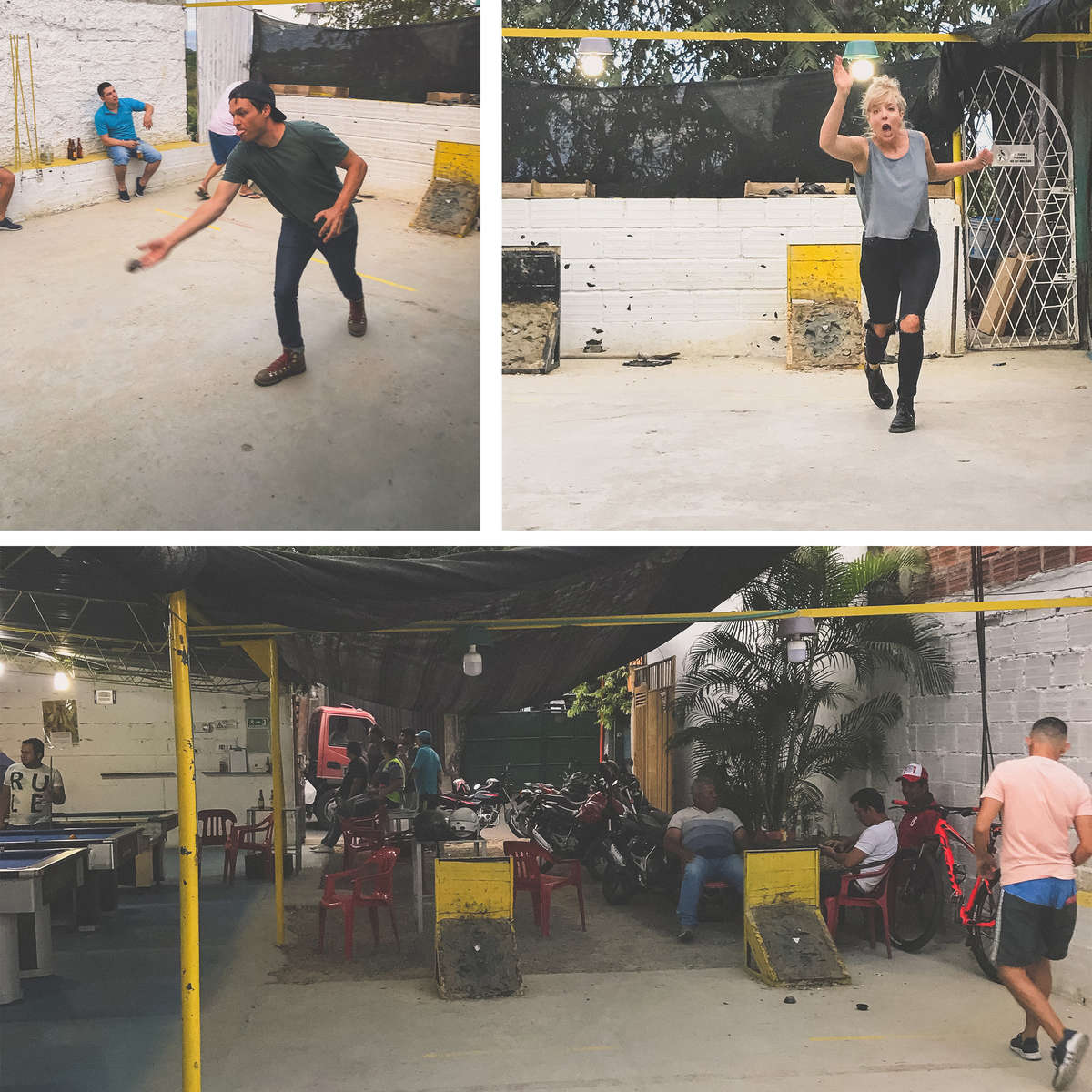
Playing Tejo with the locals turned out to be one of the best surprises during our last visit. Tejo is a traditional Colombian sport where the players throw a rock towards targets filled with actual gunpowder to get it to explode. The cost? Drink enough Poker, the cheap local beer, to earn your keep. Beer and explosives? Makes for a hilarious, semi-sketchy time and we'd loved every minute!

Many of the producers we work with are brand new to the specialty market. Alexander Lopez, pictured in the yellow Colombia jersey, heard a rumor from his neighbors back in 2015 that he could earn a better price for his harvest if he focused on turning out higher quality, not quantity. He implemented some changes, hand-picking selectively for only fully ripe cherries and using a more controlled fermentation process. He even isolated a specific varietal, setting it aside with high hopes for its quality and taste. It was delicious, filled with stone-fruit and strawberry notes, and we purchased it on the spot. His first attempt of specialty coffee ended up being the highest scoring Colombian coffee we purchased in 2016! Alexander is now picking and processing all his cherry as specialty, and has gone from selling to the c-market, barely breaking even, to reaping a tidy profit which he plans to reinvest to continue to grow his farm .
Thank you so much for supporting Case Coffee Roasters in our mission to source and roast the most beautiful, sustainable and traceable coffees on earth.
Kati + Tim Case, Co-Founders
